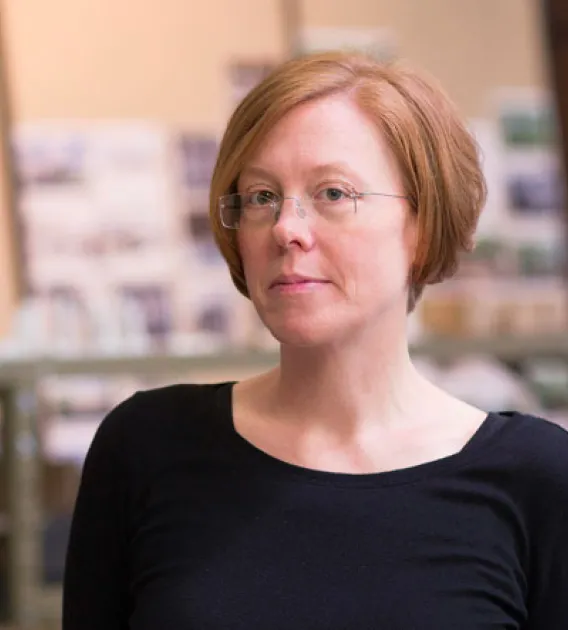The CAPLA Futures Council is a multi-perspective advisory body to the CAPLA dean.
It is through the lens of this group of luminaries from the academy, practice, industry and government that the College of Architecture, Planning and Landscape Architecture seeks a regular and productive exchange to identify the grand challenges of the built environment. This exchange reflects the trends we should anticipate in our research and in the approaches we take in the classroom around the CAPLA vision: Building a Changing World.
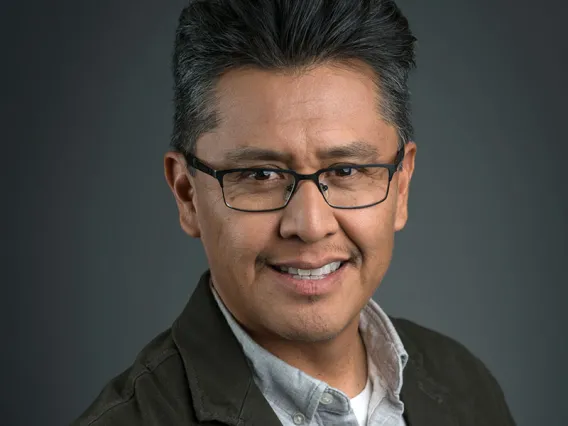
Richard K. Begay Jr
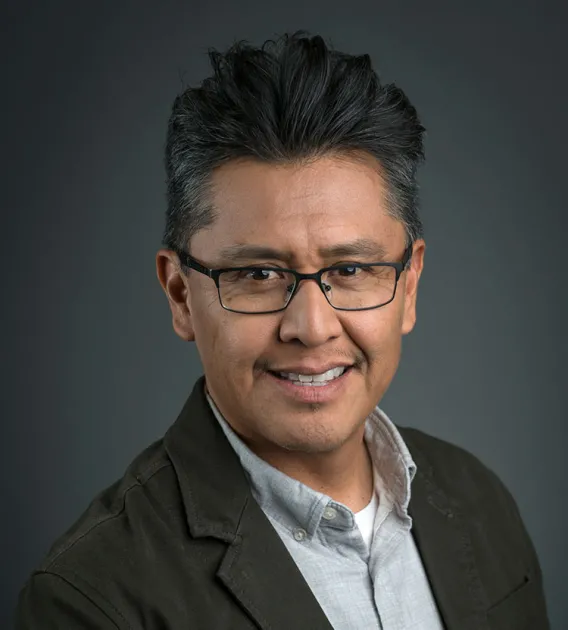
Richard K. Begay Jr
Richard K. Begay Jr AIA, a partner with SPS+ Architects and team lead for the firm's Native and Multifamily sectors, is an artist, designer and visionary. He has practiced in Arizona since receiving his professional Bachelor of Architecture degree from the University of Arizona’s School of Architecture. With over two decades of design leadership and mentoring, Richard has emerged as a leader in Native American design—weaving contemporary aesthetics with traditional inspiration. His design approach, rooted on culturally site-responsive design, explores the boundary between people and place, stating Indigenous design naturally includes the spiritual, the human cultural aspect and a revered connection to the natural world—where living in balance with nature exist. This intrinsic teaching places us in harmony with the natural world. He explains, “Children are taught early fundamentals of the overarching philosophy on the interconnectedness of people and place, both of which are inextricably linked.”
As a child growing up on the Navajo Nation, Richard would stay at his paternal grandmother’s place where playing in earth, on earth and with the earth seemed to be a norm. Children assisted with many tasks, such as caring for sheep and horses and gathering plants for grandmother’s rug dyes, and participated with ceremonial celebrations. At times, they fabricated archaic-looking weapons made from juniper branches. In some notion, design was occurring yet unnoticeable—other than the randomness of simply playing. Who knew tactile exploration became a foundation for learning? An example of their juvenile creativity, says Begay: “We gather tree sap from ponderosa, pinyon and juniper, mix it into the size of a baseball and place at the end of stick. We then ignite it up to see and hear all those small fire drops. A magnificent display of colors from red, green to blues, yellow and greens.”
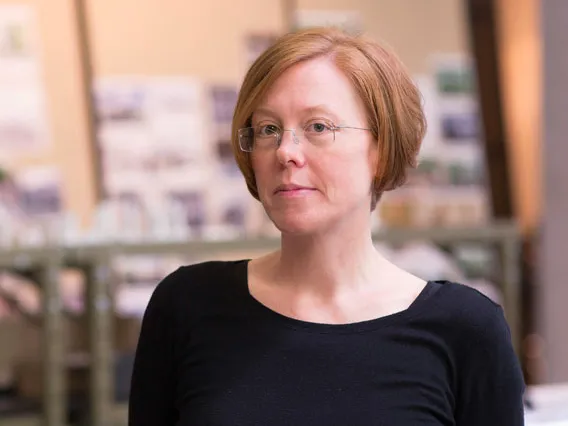
Billie Faircloth
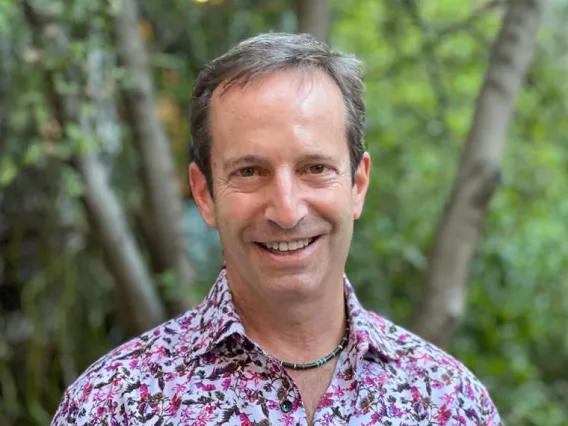
Lawrence D. Frank
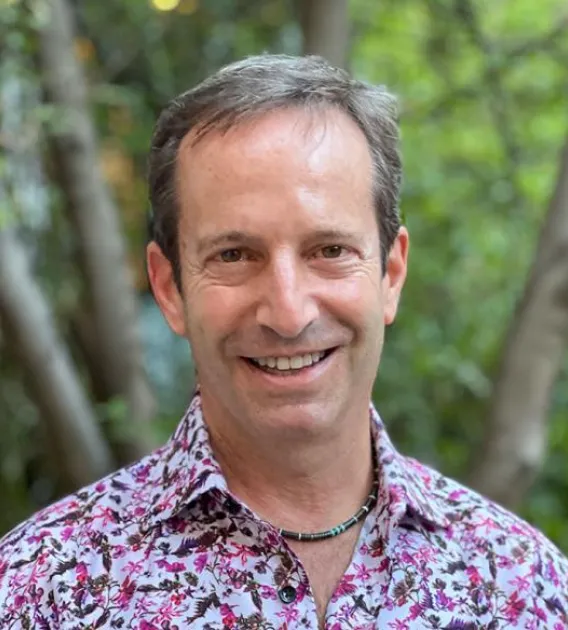
Lawrence D. Frank
Lawrence D. Frank PhD CIP specializes in the interaction between land use, travel behavior, air quality and health as well as the energy use and climate change impacts of urban form policies. He is a “walkability pioneer” and was among the very first to quantify connections between built environment, active transportation and health. He coined the term “walkability” in the early 1990s and his work led to WalkScore and has been cited over 44,000 times. He has been listed in Thompson and Reuter’s top 1% in the social sciences and was recently ranked the #1 top planning academic in North America according to Google Scholar. Frank has published over 200 peer-reviewed articles and reports and co-authored Health and Community Design and Urban Sprawl and Public Health nearly two decades ago, mapping out the field emerging at the nexus between built and natural environments, transportation and public health. Frank is also president of Urban Design 4 Health, Inc.
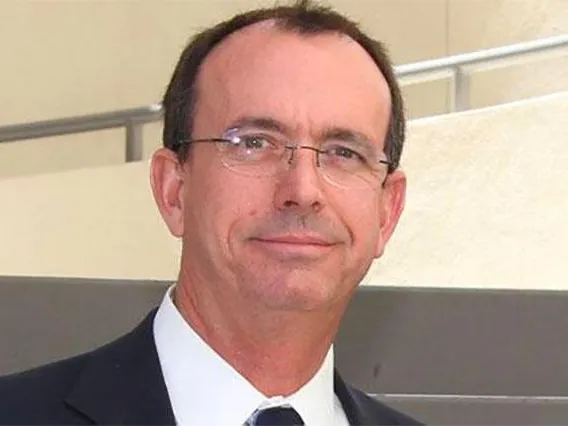
Larry Head
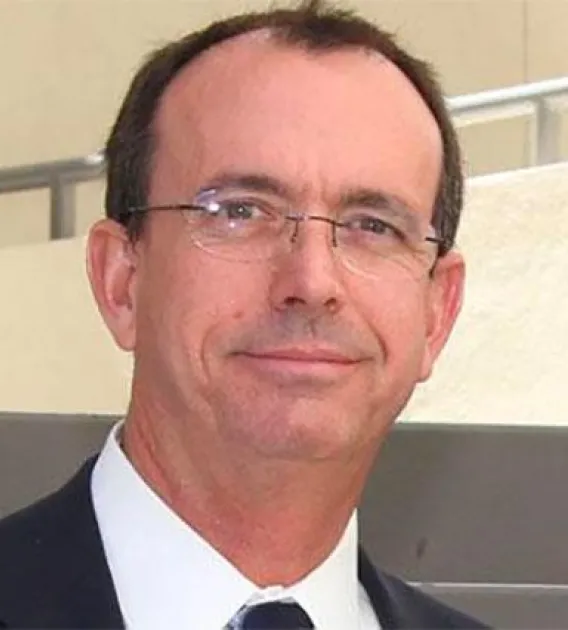
Larry Head
Larry Head PhD is a professor of systems and industrial engineering and director of the Transportation Research Institute at the University of Arizona. He has over 25 years of research and development experience in adaptive traffic signal control, signal priority and traffic management. He is currently the principle investigator for the Multi Modal Intelligent Traffic Signal System Pooled Fund Project that is tasked with developing an intelligent traffic signal control system in a connected vehicle environment.
Larry is the chair of the Executive Board of the Council of Engineering Systems Universities, serves on the Arizona Governor’s Task Force for Self Driving Vehicles and is a member of the Transportation Research Board (TRB) Freeway Operations Committee and Intelligent Transportation Systems Committee. He serves as an associate editor of Transportation Research – Part C. He is a member of TRB, INFORMS, IIE and IEEE.
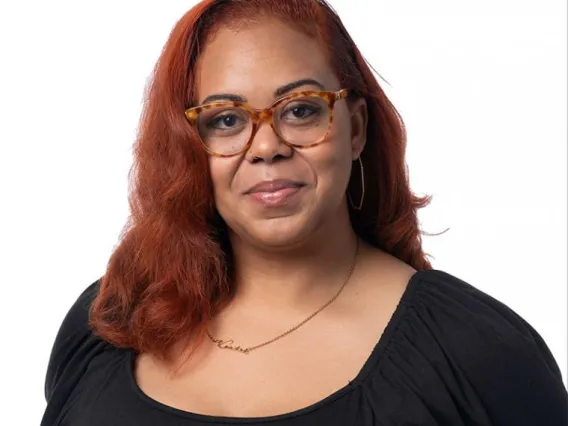
Kendra Hyson
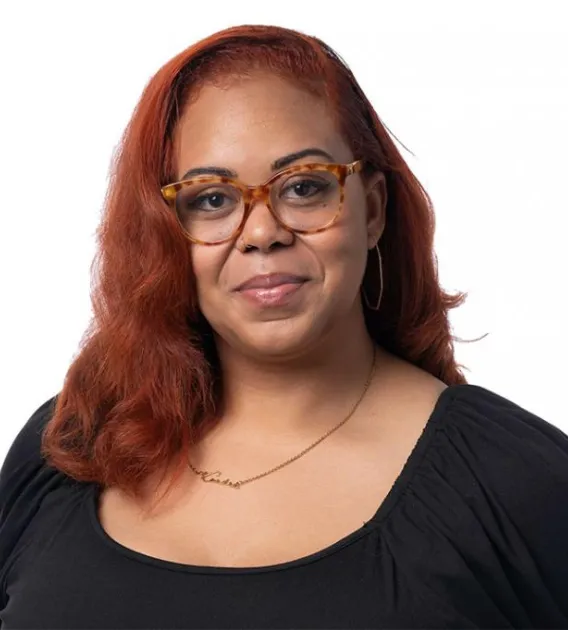
Kendra Hyson
Kendra Hyson is an associate planner and urban designer with SmithGroup. Across all projects, she exudes a deep commitment to community-based planning and a passion for using design as a tool to achieve social equity. She continues to demonstrate her commitment to equity and inclusivity in the design process through her work as the co-founder and pPresident of the Urban Studio. Kendra along with her partners developed the Urban Studio to support designers of color, working with communities of color, to ensure that all people have the means to create healthy, vibrant and just communities. She serves on various American Society of Landscape Architects national committees and is an emeritus member of the Landscape Architecture Foundation's Board of Directors. Kendra is a 2015 University Olmsted Scholar for the University of Arizona and is a graduate of their Master of Landscape Architecture program. She also holds a Bachelor of Fine Arts from Spelman College, where she concentrated on environmental installation art.

Diane Jacobs

Diane Jacobs
A CAPLA alumna, Diane Jacobs receive her Bachelor of Architecture in 1988 and has practiced in Boston and the Desert Southwest. She founded Holly Street Studio in 1999 with the goal of bringing large firm expertise to local clients while maintaining the high level of service that a private practice firm affords. Diane is devoted to leading by example in every aspect of her practice, design excellence, environmental stewardship and strong support for women in the profession of architecture.
Born in New York City, raised in Puerto Rico, educated in Tucson and trained in Boston, Diane has learned the value of individual stories and multiple perspectives. Her ability to work with client groups to create program-driven designs result in places that express warmth, color, light and a respect for practicality and has led to a well-rounded portfolio of both large-scale public work and intimate spaces in the private realm. Her work exploits ideas allied from disciplines including urban planning, environmental graphics, landscape architecture and lighting design.
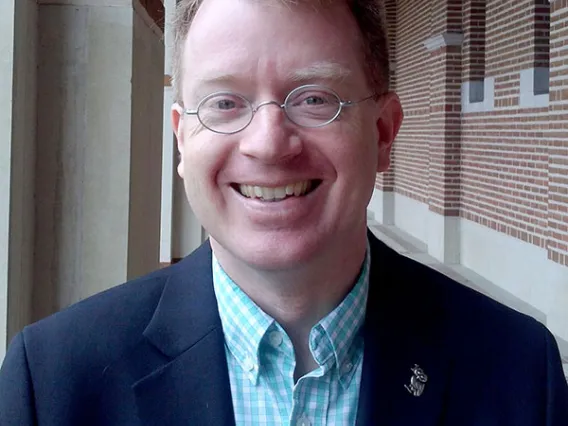
Richard R. Johnson
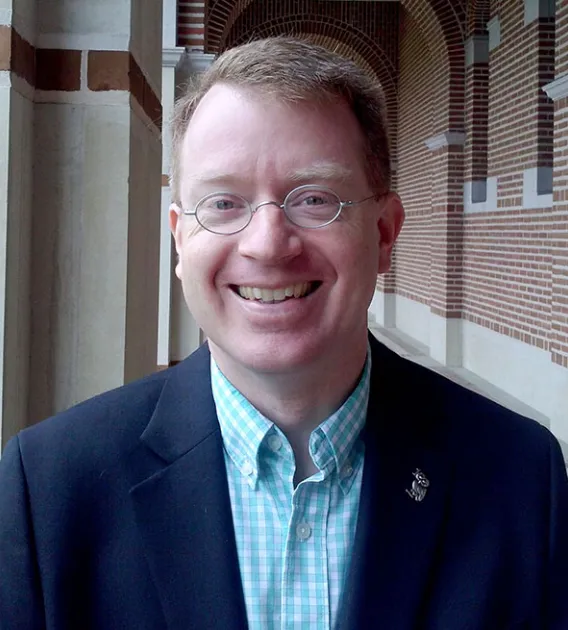
Richard R. Johnson
Richard R. Johnson received a BS in Civil Engineering from Rice University and a Master's in Urban and Environmental Planning from the University of Virginia. He currently serves as he senior executive director for Rice University’s Office of Sustainability, where he leads Rice’s sustainability program and oversees a team whose work spans aligning university goals with the United Nation’s Sustainable Development Goals; energy and water conservation, procurement, and analytics; utility planning and visioning; design and specification review; zero waste initiatives; green building; climate action planning; campus engagement; and so much more. Richard co-directs Rice’s Environmental Studies program and holds appointments as a professor in the practice of environmental studies in sociology and as formerly as an adjunct lecturer in civil and environmental engineering. He has taught over 25 classes at Rice, and frequently partners with faculty across the university to support their courses, often using the campus as a living lab for learning about sustainability and enacting change.
He co-chairs the Texas Regional Alliance for Campus Sustainability and is the former president of the board of the Houston Farmers' Market. Richard is a husband, father, foodie and traveler, and has served as a volunteer public radio deejay for nearly 30 years.
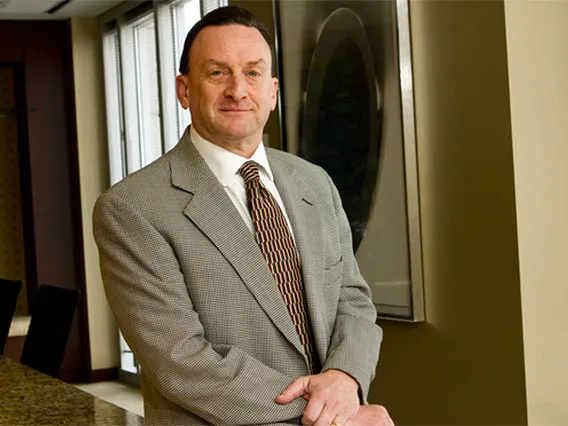
Brian Olasov

Brian Olasov
Brian Olasov has more than three decades of strategic business and capital market experience and also an extensive background on real estate capital markets, troubled mortgage loans and banking challenges. He works closely with Carlton Fields clients and attorneys providing financial due diligence on distressed mortgage loans, portfolios and institutions including credit restructuring, valuation, bulk sales and securitization. He provides analytical litigation support to the firm by developing damage estimates and financial implications of legal theories. Brian also provides expert witness testimony to other law firms in disputes involving residential and commercial mortgage-backed securities (MBS), mortgage loan servicing and mortgage loan origination. Brian has testified before the Congressional Oversight Panel for the Troubled Asset Relief Program (TARP) on MBS and banks’ impact on real estate markets.
He serves or has served on a variety of boards and committees including board of governors, executive committee, audit committee member and chair of the Policy Committee of the Commercial Real Estate Finance Council (CREFC); board of governors of Commercial Mortgage Securitization Association (CMSA), co-chair of CMSA International Committee and CMSA European Chapter founder; vice chairman of the Real Estate Capital Resources Association Mortgage Securitization Committee; editorial board member of Commercial Real Estate Finance World; and board member of the Trigild Advisory Council. He is also an active participant in the Mortgage Bankers Association, Georgia Bankers Association and Yale Alumni Schools Committee.
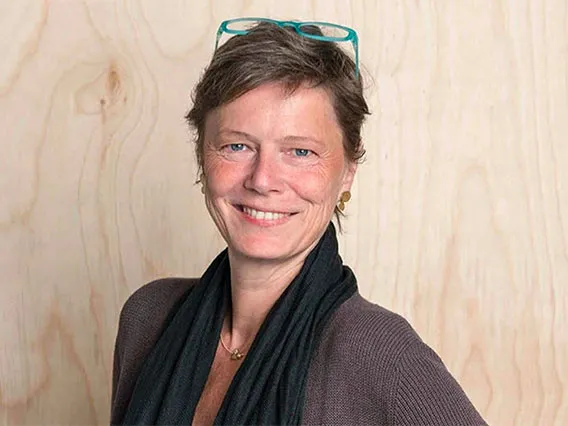
Angela Watson
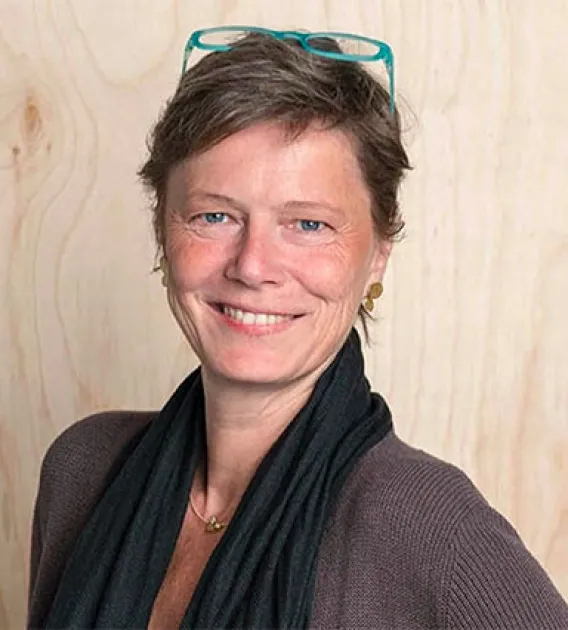
Angela Watson
Angela WatsonFAIA, is principal, design leader and chair of the Board of Directors at Shepley Bulfinch in Phoenix. She connects research, teaching and practice to engage people in a collaborative process that elevates the recognized value of design, pushing clients and team members to move beyond perceived boundaries.
Angela advocates for research-based design, demonstrating how quantifying project elements and performance allows architects to articulate value and communicate on a shared platform of facts. She has received international recognition for the extensive post-occupancy work she has performed for clients.
She has also worked to connect research, teaching and practice to create a meaningful, collaborative design process that challenges all team members to reach their full potential in problem-solving and collaboration.

